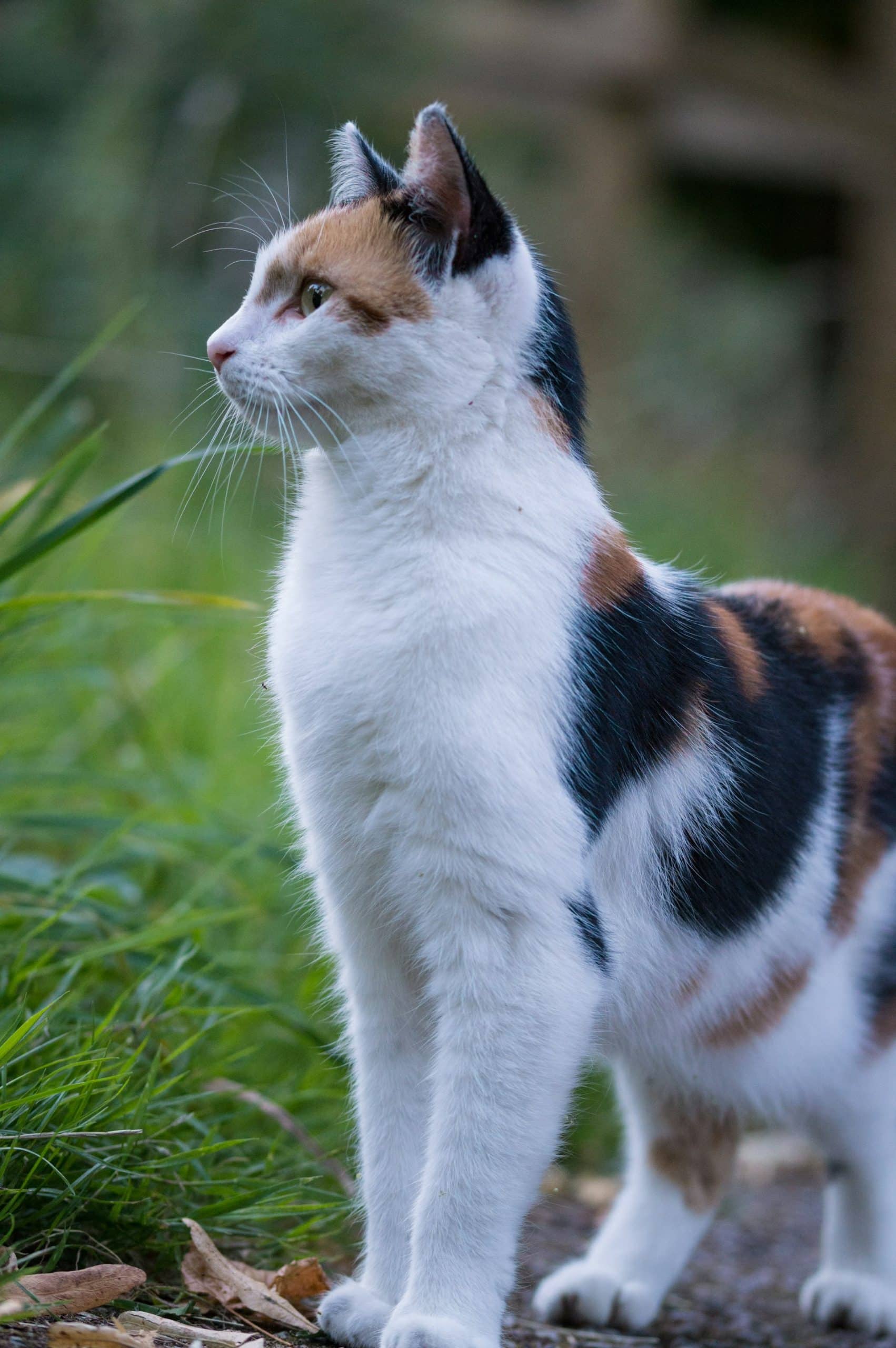How do you prepare a cat for a safe and calm experience during a solar eclipse?

As we approach the next total solar eclipse on August 8, 2024, the news is buzzing with tips about how to keep yourself and your children safe during this natural event. But what about your pets? Specifically, your cats? As any cat owner will confirm, these mystique animals have their unique ways of reacting to changes in their environment. Considering that eclipses are not everyday occurrences, it would help to understand what behavioral changes we can anticipate and how to keep them safe and calm during the solar eclipse.
Understanding Animal Behavior and Solar Eclipses
Before we dive into the specific measures you can take to ensure your cat has a smooth experience during a solar eclipse, it's important to understand how this event might affect them. Eclipses are not just fascinating to humans but also influence the behavior of animals.
Animals, including pets like dogs and cats, rely heavily on light cues for their behavior. A solar eclipse, especially a total one, can disrupt these cues and lead to unpredicted reactions. Birds, for instance, have been observed to stop singing, cows return to the barn, and spiders dismantle their webs during eclipses.
Cats, being crepuscular creatures (most active at dawn and dusk), may not react as dramatically as some animals. However, the sudden darkness and the return of light can confuse them, potentially causing anxiety or fear. Your cat might show increased agitation, become unusually vocal, or try to find places to hide. While these reactions are not harmful in themselves, a panicked cat may try to escape or hurt itself accidentally.
Preparing Your Cat for the Solar Eclipse
Preparing your cat for this significant event is crucial to avoid unnecessary stress and ensure their safety. Here are some steps you can take:
Keep your cats indoors: During a solar eclipse, the best way to ensure your cat is safe is by keeping it inside. This will not only prevent them from looking directly at the sun, which could harm their eyes, but also protect them from potential hazards if they get scared and try to run away.
Create a comfortable environment: Make sure your cat has a safe, comfortable place to retreat to during the eclipse. This could be their favorite hiding spot or a cozy bed in a quiet room. Providing them with familiar items like toys or blankets can also help them feel more secure.
Maintain their routine: Try to keep your cat's routine as normal as possible. Feed them at their usual time, and engage them in their regular activities. This will help reduce their anxiety and confusion.
Stay calm and reassuring: Your cat can pick up on your emotions, so it's important to remain calm and reassuring during this event. If your cat seems scared or anxious, gently pet them or speak to them in a soothing voice to reassure them.
Protecting Your Cat's Eyes During the Solar Eclipse
Just as in humans, looking directly at the sun during a solar eclipse can cause serious damage to a cat's eyes. This is because the sun's intense light can burn the retinas, leading to permanent vision loss. This condition, known as solar retinopathy, occurs without any pain, so your cat won't even know it's happening until it's too late.
While it's unlikely that your cat will stare at the sun during the eclipse, it's better to be safe than sorry. Keep your cat indoors and draw the blinds or curtains to reduce the amount of sunlight coming into the room.
If you want to allow your cat to experience the eclipse, consider providing them with protective eyewear. There are cat-sized eclipse glasses available on the market that can protect their eyes from harmful rays. However, getting a cat to wear these can be a challenge, so it might be easier just to keep them away from windows during the event.
Post-Eclipse Care for Cats
While the eclipse itself is of short duration, your cat may need some time to adjust once it's over. Here are some post-eclipse care tips for your feline friends:
Give them space: If your cat is still showing signs of stress after the eclipse, give them some time alone to calm down. Trying to force a scared cat to interact can lead to defensive behavior.
Check for injuries: If your cat reacted strongly to the eclipse, check them over for any injuries they might have sustained during their panic. If you spot any signs of injury or discomfort, consult a veterinarian.
Return to normalcy: Once the eclipse is over, aim to return to your regular routine as quickly as possible. This will help reassure your cat and reduce their anxiety.
In conclusion, while a solar eclipse can be a source of wonder and excitement for us, it can be a stressful event for our pets. By understanding their behavior, preparing them properly, protecting their eyes, and providing careful post-eclipse care, you can ensure that your cat remains safe and calm during this natural phenomenon.
Ensuring Your Cat’s Eye Safety During Total Solar Eclipse
A total solar eclipse can be a dramatically dark event that even we as humans are advised never to look at directly without the aid of proper eclipse glasses. So what about our pets, our cats and dogs? Just as in humans, direct sun gazing during an eclipse can result in eye damage, a condition referred to as solar retinopathy.
Cats, unlike humans, may not inherently understand the danger of looking directly at the sun. The sudden darkness and the subsequent return of light could prompt curiosity and lead to inadvertent sun gazing. Therefore, pet owners are advised to take precautionary measures to prevent this.
Keeping your cats indoors and drawing the blinds or curtains is a simple yet effective measure. By reducing the amount of sunlight entering the room, you lessen the chance of your cat being attracted to the windows. If for some reason, you'd want your cat to witness the eclipse, there are cat-sized eclipse glasses available in the market designed to shield their eyes from harmful rays. However, convincing a feline to wear these glasses could be a daunting task, and may result in added stress for the animal. The safest bet remains to keep them away from windows during the eclipse.
The Path to Totality: Post-Eclipse Care for Your Cat
Even though the total solar eclipse will last just a few minutes, its effects, especially on pets like cats and dogs, may last longer. Even after the path of totality passes and the light returns to normal, your cat might still exhibit signs of stress or disorientation due to the sudden environmental change.
After the sudden darkness subsides, give your cat some space to adjust and come back to their normal behavior. Forcing them to interact immediately might trigger defensive behavior. Also, remember to check for any injuries your pet might have incurred during the anxiety-induced actions during the eclipse.
A vital part of post-eclipse pet care involves resuming their normal routine as soon as possible. Feed them, play with them, or just simply cuddle them at the usual times. This will help them understand that everything is back to normal, reducing their anxiety and promoting a quicker return to their usual behavior.
At the end of the day, solar eclipses can be a confusing and stressful time for cats. As their guardians, it’s our responsibility to help them navigate through this event safely and calmly. By understanding their possible reactions, keeping them indoors, ensuring their eye safety, and gently helping them return to their routine, we can make solar eclipses a safe and less stressful experience for our feline friends. Don’t forget to stay calm and patient — your pets can pick up on your emotions, and a relaxed demeanor can go a long way in reassuring them.
